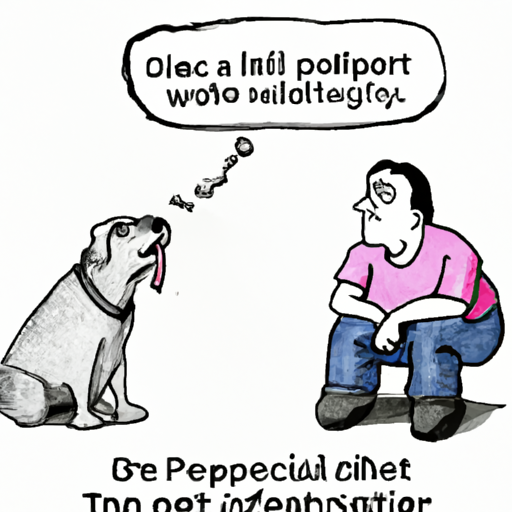As a caregiver, you’re always on the lookout for any changes in your furry companion’s behavior. One of the things you may have noticed is your dog excessively drooling. While it’s normal for dogs to drool to some extent, excessive drooling can be a sign of underlying health issues. In this article, we’ll delve into what causes excessive drooling in dogs and answer some frequently asked questions.
H2: The Normalcy of Drooling in Dogs
All dogs drool to some degree. It’s a natural way for them to cool down, digest food, and maintain oral health. However, some breeds drool more than others due to their mouth structure. Breeds like Saint Bernard, Mastiffs, and Bulldogs are notorious ‘droolers.’ So, if your breed is a known ‘drooler,’ don’t fret too much over a little extra slobber.
H2: Possible Health Issues
Excessive drooling, also known as hypersalivation or ptyalism, can be a symptom of several health issues. Here are a few possibilities:
- Dental Problems: Dental disease, gum infections, or tooth decay can lead to hypersalivation. Regular dental check-ups can help detect these issues early.
- Foreign Objects: If your dog has a foreign object stuck in its mouth, it may drool excessively. This could be a bone, toy, or even a piece of string.
- Heatstroke: Dogs cool down by panting and drooling. If your dog is excessively drooling and showing signs of discomfort in hot weather, they may be experiencing heatstroke.
H2: Behavioral Causes
Sometimes, excessive drooling could be due to psychological factors. Dogs often drool more when they are anxious or excited. For example, car rides, visits to the vet, or thunderstorms can trigger anxiety in dogs, leading to excessive drooling.
H2: Treatment and Prevention
The treatment for excessive drooling depends on the underlying cause. If it’s a dental issue, your vet may recommend treatment like dental cleaning or tooth extraction. For anxiety-related drooling, behavior modification or medication may be necessary. Here are some general tips to help prevent excessive drooling:
- Regular dental check-ups
- Provide plenty of fresh water
- Keep your dog cool in hot weather
- Use chew toys for oral health
- Limit anxiety triggers where possible
H2: FAQs
Q: How much drooling is normal for dogs?
A: This depends on the breed. Some breeds naturally drool more than others. However, if your dog starts drooling excessively all of a sudden, it’s worth a vet visit.
Q: Can diet affect my dog’s drooling?
A: Yes, certain foods can cause increased salivation. If you notice this, try changing the diet and observe if the drooling decreases.
Q: What should I do if my dog is drooling excessively?
A: If your dog is drooling more than usual, it’s best to consult a vet. They can help identify the underlying cause and provide appropriate treatment.
Remember, excessive drooling can be a sign of several health issues. As a caregiver, staying vigilant and proactive about your dog’s health is essential. If you notice any sudden changes in your dog’s drooling habits, don’t hesitate to reach out to your vet.



